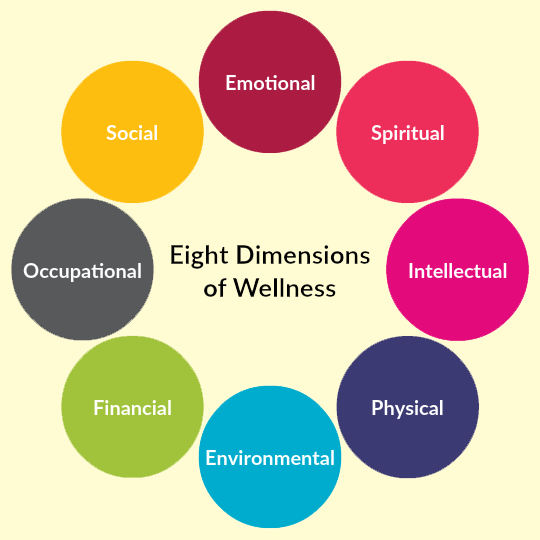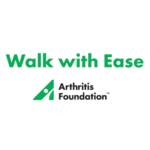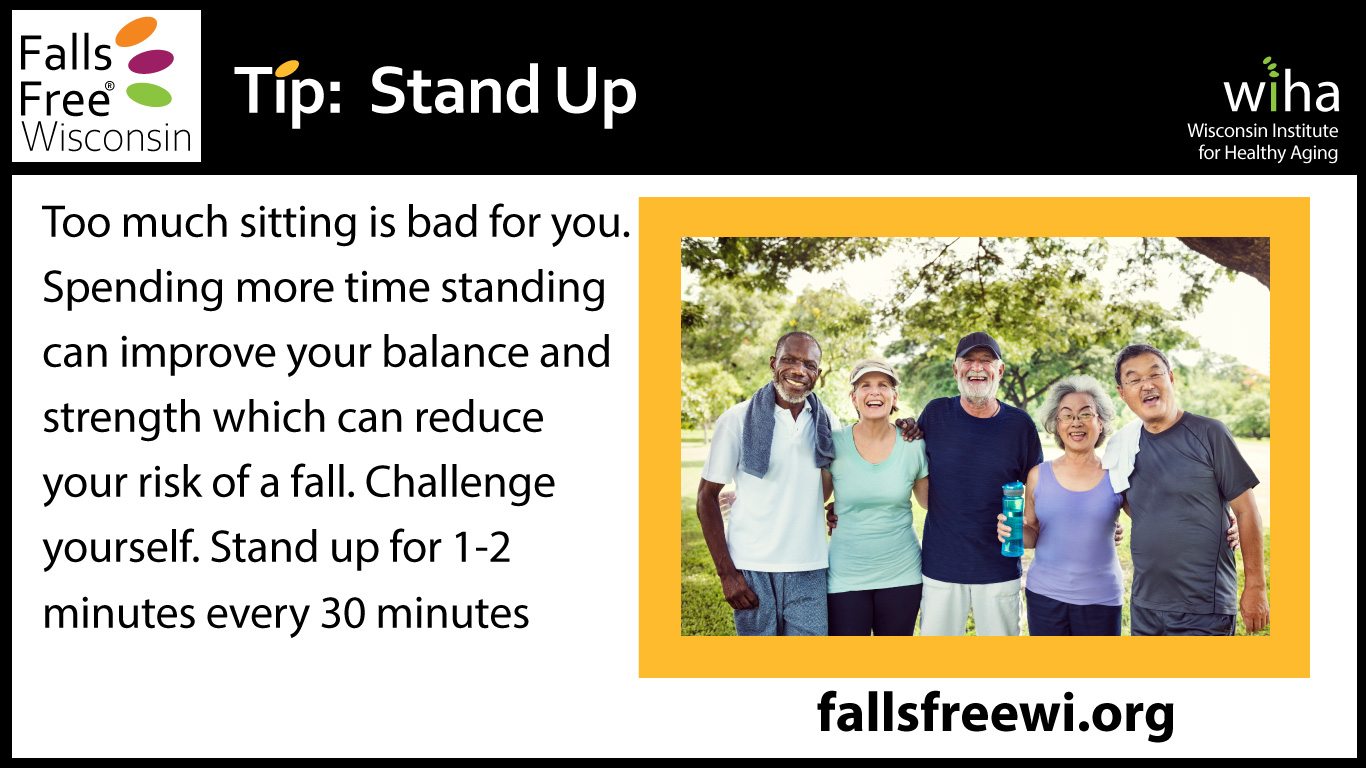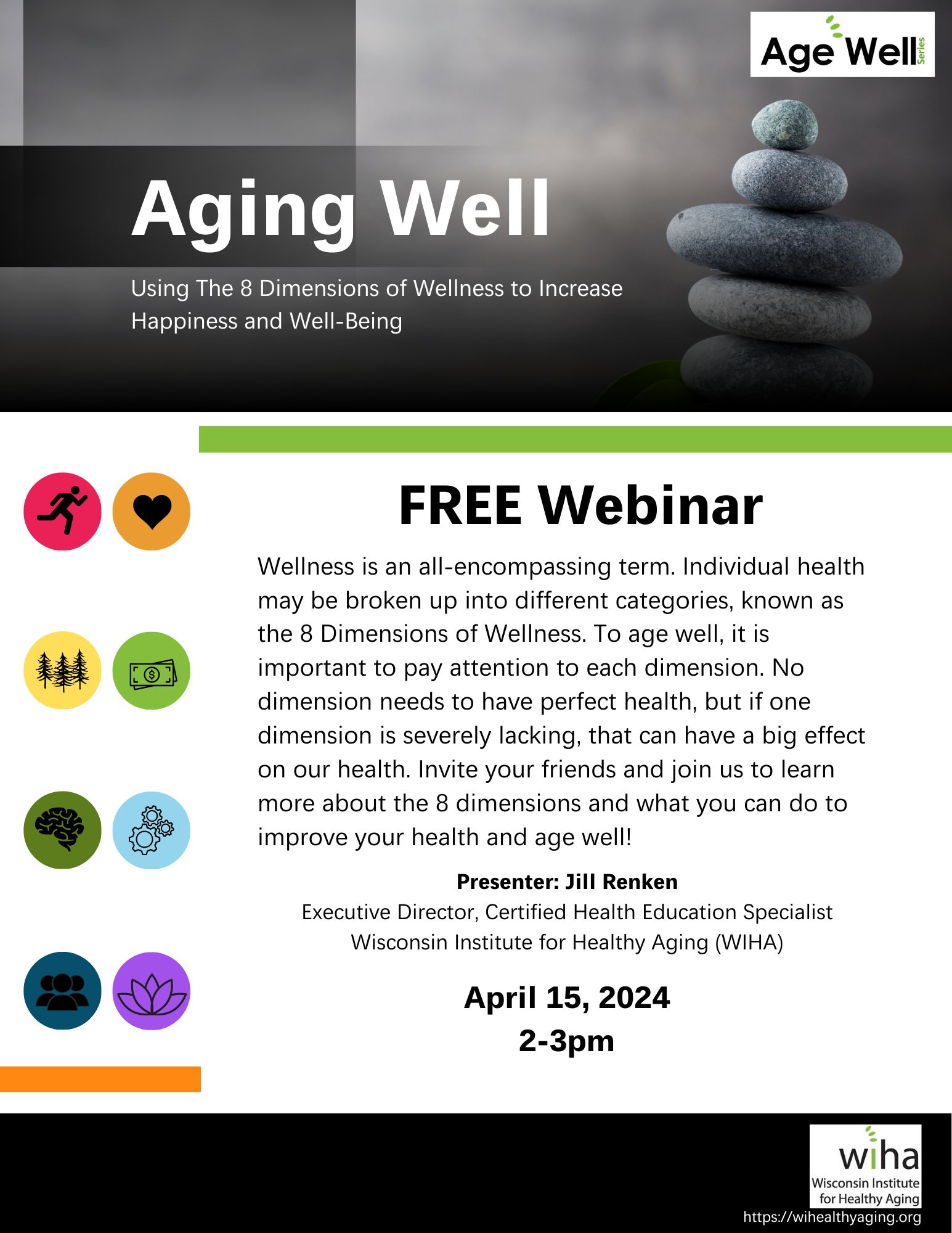
Age Well with WIHA
A newsletter from the Wisconsin Institute for Healthy Aging
Age Well with WIHA: March/April 2024
WIHA’s newsletter is published bi-monthly and sent by email. View the email newsletter online or read the full stories below. Don’t forget to subscribe!
Age Well: Dimensions of Wellness
We all want to age well. To be free of chronic diseases and sicknesses. To feel strong and independent. But what does it take to get there?
Wellness is an all-encompassing term. Individual health may be broken up into different categories, known as the 8 Dimensions of Wellness. To age well, it is important to pay attention to each dimension. No dimension needs to have perfect health, but if one dimension is severely lacking, that can have a big effect on our health. It is best to pay attention to each dimension as we age.

Read more about how to age well through the 8 Dimensions of Wellness on our Age Well page.
Spring Cleaning and Home Safety
Research shows that most falls happen at home. Is spring cleaning on your to-do list? Take some time this spring to de-clutter and make your home safer to prevent falls. On top of everyday items like dirty laundry or mail, over the years things can pile up! It’s important to keep walkways, staircases, and other areas where you walk tidy. Here are a few ideas to help get you started:
- Make it fun! Put on your favorite music or radio show as you clean.
- Develop a filing system so that you can keep important documents in one place and off counters and floors.
- Don’t do it all at once. Set aside 15 minutes each day to de-clutter in different areas. Start with clutter on the floors or staircases, as you may be more likely to catch your feet and trip in these areas.
- Make it a habit to take a minute or two to clean up as you go instead of waiting for things to pile up.
Use our Cleaning Tool to help you reduce clutter and stay organized.
Other things to look for include keeping cords out of walkways, having good lighting, replacing throw rugs or mats that have turned-up edges or slippery bottoms with heavy-backed, non-slip rubber bottoms (or getting rid of them altogether), and keeping an eye on pets underfoot.
Check out our interactive Home Safety Challenge for additional tips to stay safe at home. The Home Safety Challenge is an interactive tour of a real Wisconsin home, where you’ll search for common things that may lead to a fall and learn how to reduce your risk. When you’re finished, download and print the Home Safety Checklist and check things off the list as you look through your own home or apartment.
Find more tips and tricks to stay safe and prevent falls at FallsFreeWI.org.
Featured Program: Walk with Ease

Research: Walk with Ease is researched and shown to reduce the pain and discomfort of arthritis, increase balance, strength, and walking pace, build confidence in your ability to be physically activity, and improve overall health.
Who is it for: Walk with Ease is designed for any adult who has arthritis and wants to reduce pain, and/or those who want to be more physically active.
How to participate: You can participate in Walk with Ease in-person, at a distance, or on your own! Find a workshop near you or Order a Guidebook and follow the program.
“I was afraid to walk very far because of my knee pain. Walk with Ease helped me start slow and build up gradually. Now I am confident in my ability to walk easily without making my arthritis worse.“
Past Participant
In this Issue
Diabetes Alert Day
The fourth Tuesday in March has been designated as Diabetes Alert Day. The American Diabetes Association created Diabetes Alert Day as a “wake-up call” to remind people about diabetes and inform them about the serious health issues it can cause. People with diabetes are at a greater risk of other health conditions such as heart disease, stroke, and other serious complications such as kidney failure and vision loss. According to the American Diabetes Association, approximately 406,445 Wisconsin residents have been diagnosed with diabetes.
The good news is that there are steps to find out if you are at risk for developing diabetes. Consider taking the American Diabetes Association’s simple and quick Type 2 Diabetes Risk Test and learn about your family history of diabetes. Schedule an appointment with your healthcare provider to discuss your concerns. Finally, research has shown that prediabetes can be reversed, and diabetes can be controlled through healthy eating, increased activity, and weight loss.
Learn more about the National Diabetes Prevention Program and Healthy Living with Diabetes! These two programs are offered throughout Wisconsin and give you the tools and resources to help you manage your diabetes.
Age Well Series
New in 2024: WIHA’s AgeWell Series! Designed to bring healthy aging education to you! The series will be offered at various locations across the state and/or offered virtually.
Our first presentation will be virtual! Check out the flyer here (click to enlarge)
Find a Workshop
Take charge of your health by taking a WIHA workshop. We offer in-person and virtual (online or by phone) programs that give you the tools to age well. Getting started is easy – simply click the link below.
Enjoyed the newsletter? Subscribe today!


